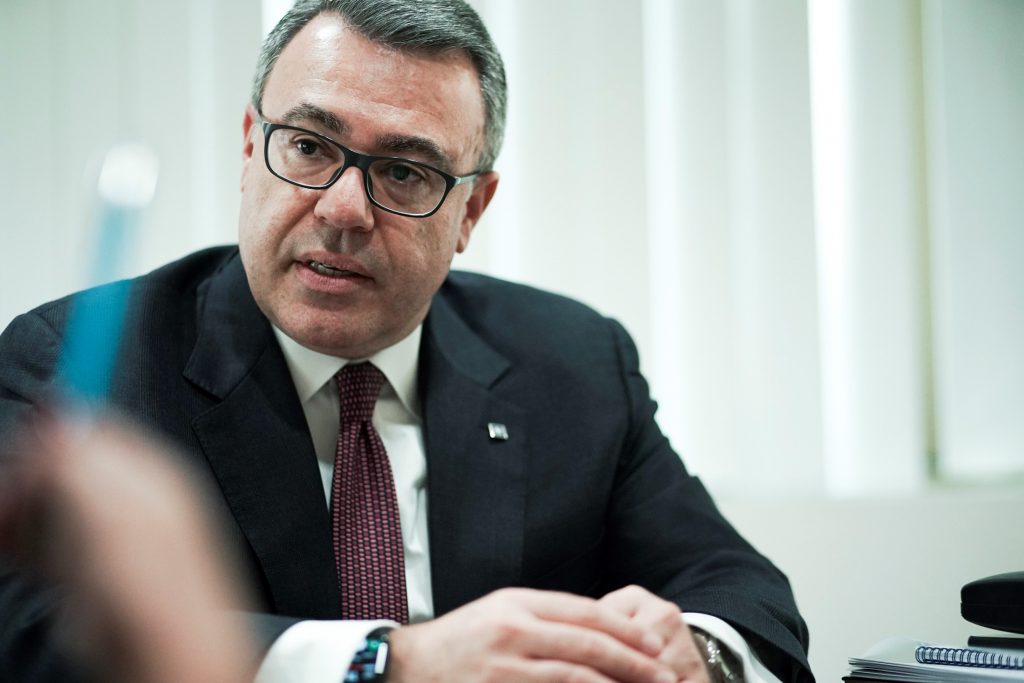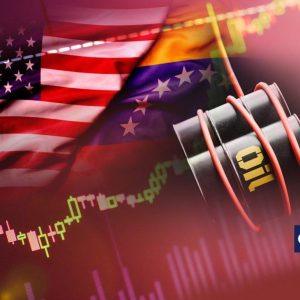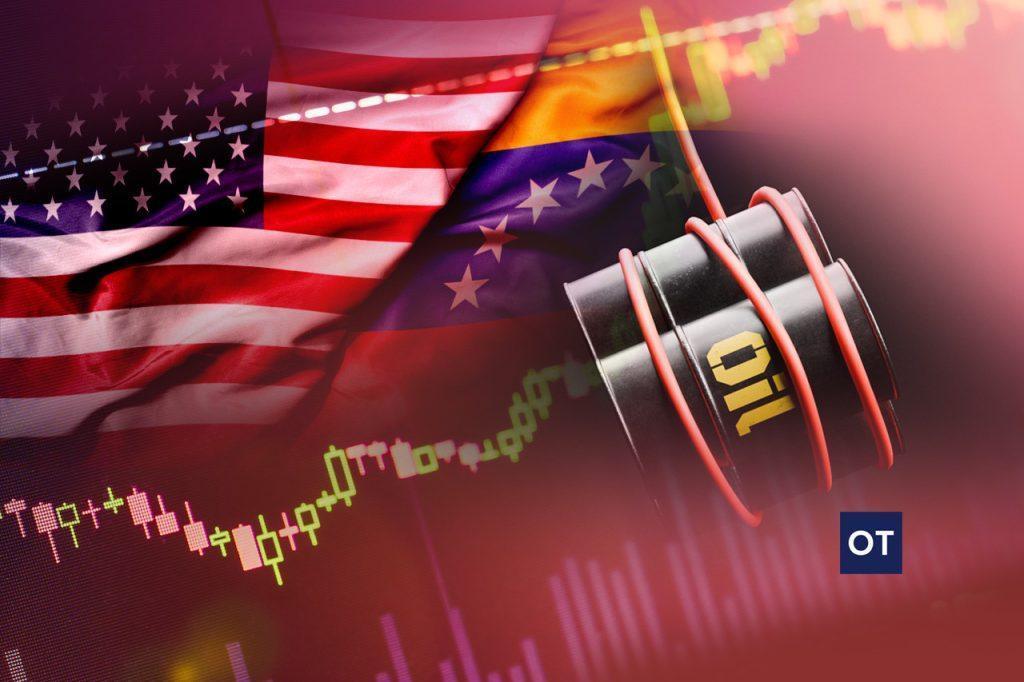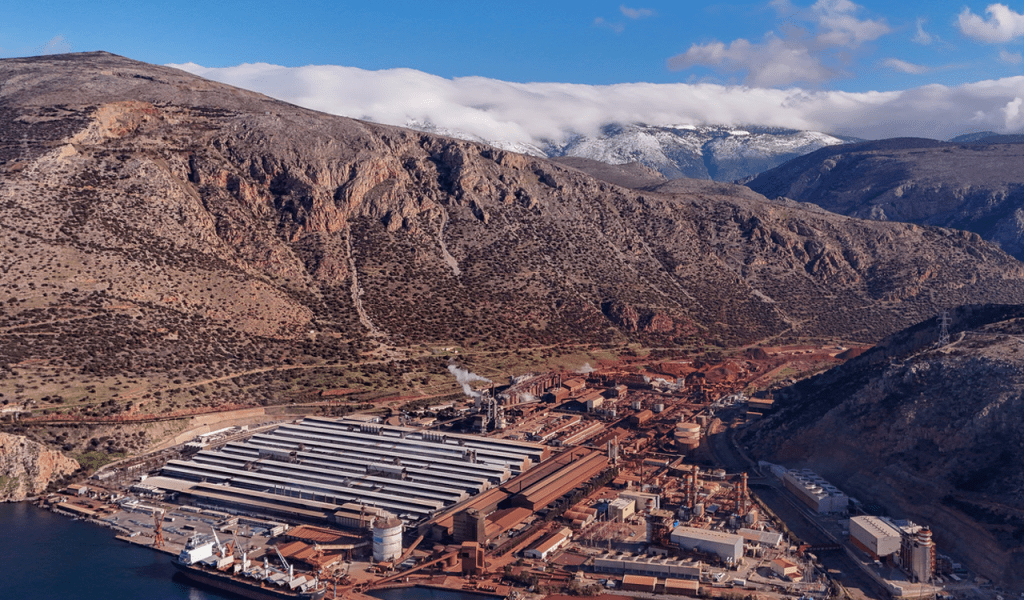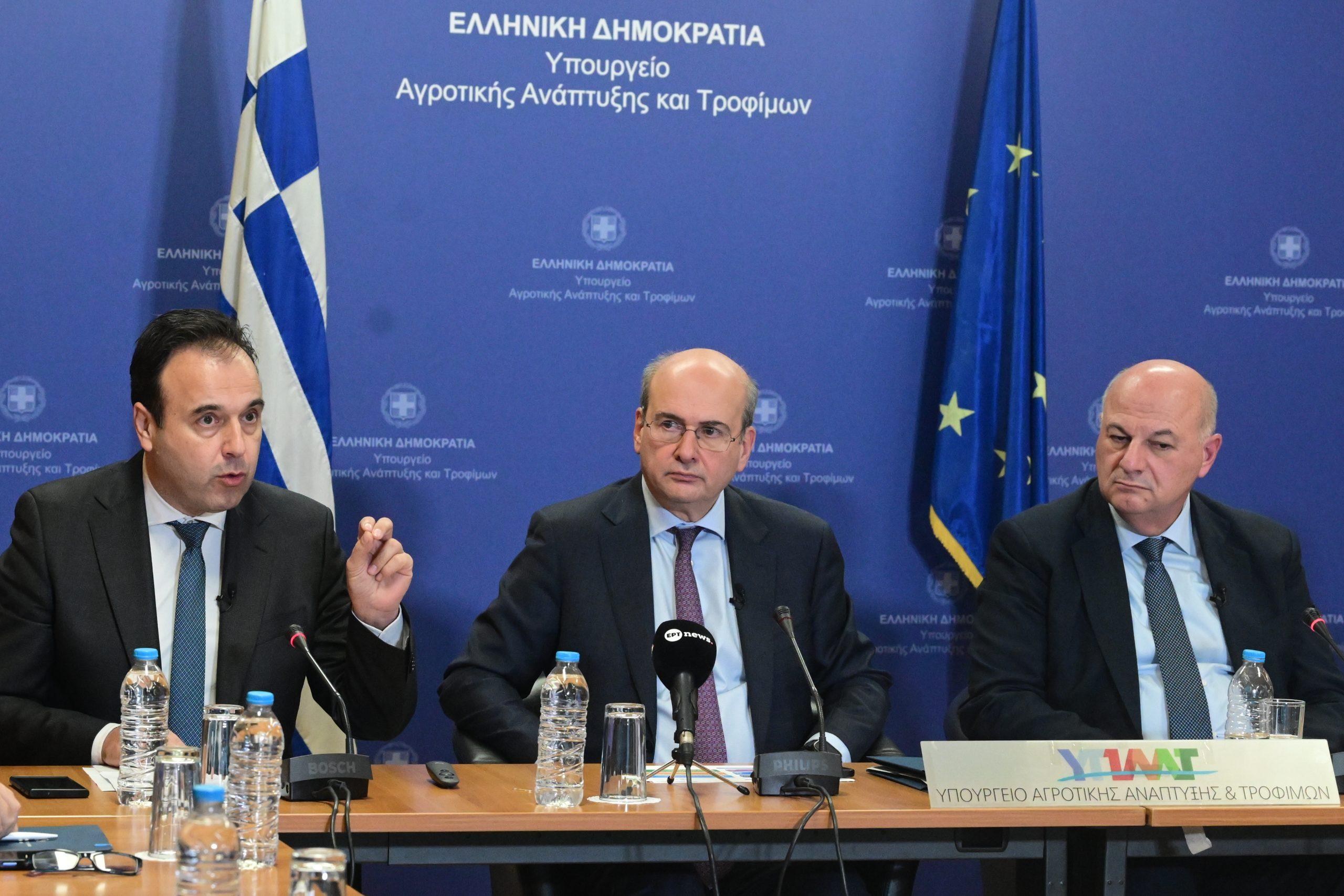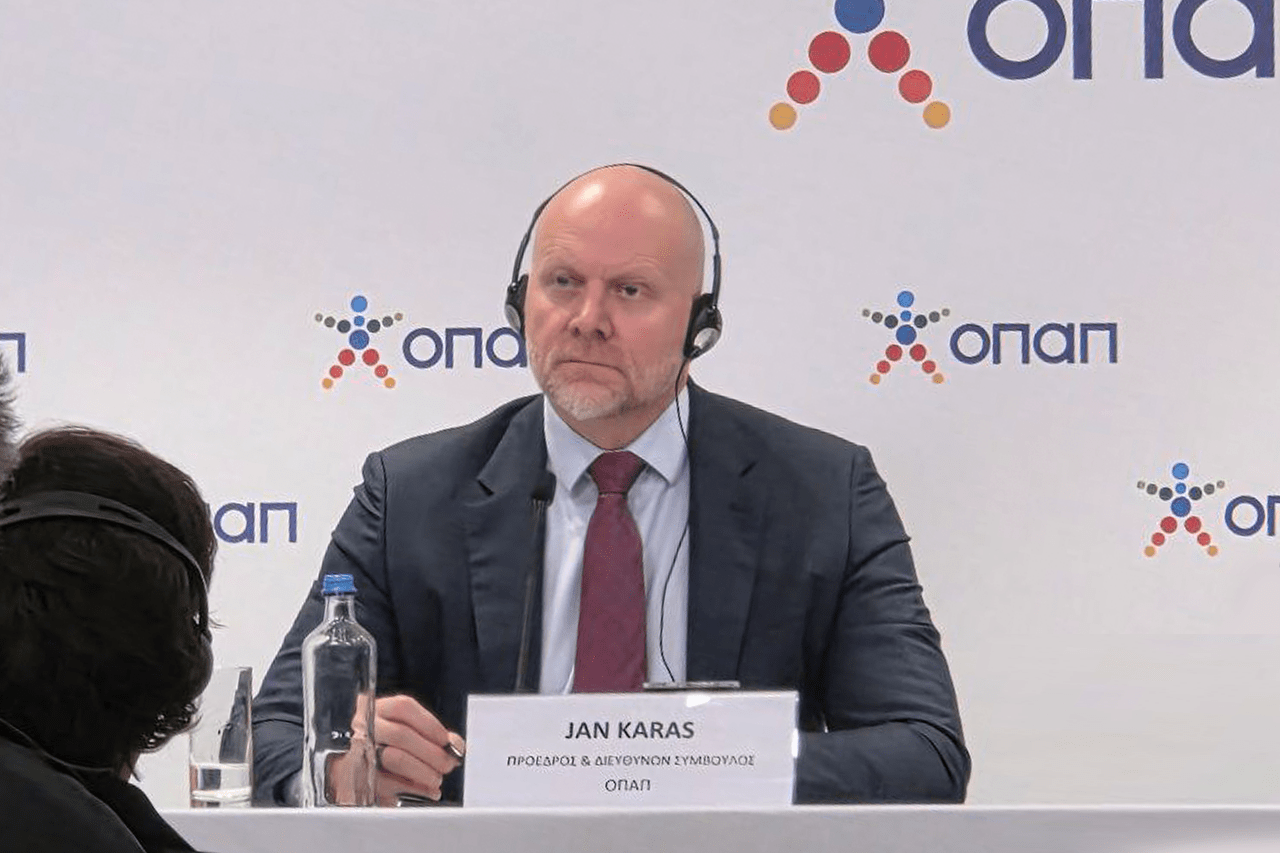The leading role of the banking system in the utilization and success of the National Recovery and Resilience Framework (RRF), was mentioned by the CEO of Alpha Bank Vassilis Psaltis, at the online event of the Foundation for Economic and Industrial Research (IOBE) and the World Bank. As he said, this is an important opportunity for Greece, as the RRF, will not only contribute to overcoming the consequences of the pandemic, but also for the economic, technological and institutional transformation of the country. He noted that the proper utilization of the total package of 72 billion Euros (18 billion in subsidies and 13 billion in loans as well as the 41 billion of the NSRF 2021-2027), can bring additional annual GDP growth by 1 to 1.2 units and, in addition, create 180,000 – 200,000 jobs.
In this endeavor, the role of banks is crucial through ensuring the priorities of the program (green economy, digital, extroversion, innovation, business growth), sound credit rating for investment plans, advising companies on configuration and maturation of their investment plans and, of course, the mobilization of funds, according to Mr. Psaltis.
This is because the participation of equity that should arise from Greek companies is very important. “So it is almost certain that several companies that will seriously want to participate in this program with an investment plan should have enhanced equity,” he said.
Appropriations of 33 billion euros
He estimated that the banks should secure 33 billion euros in loans, both through their ratio in the RRF and from the lending of investment projects that will have received subsidies.
When asked by the head of IOBE Mr. N. Vettas about the readiness of the Greek business and the state mechanism, the CEO of Alpha Bank estimated that one third of the plans are mature, and therefore they can be immediately implemented, the other one third is in the planning stage, while for the rest of the program there are no plans yet.
He emphasized the importance of implementing horizontal reforms in a timely manner, such as speeding up the process of administering justice and resolving disputes, adopting a more development-friendly fiscal policy mix and a stable fiscal regime for quite some time.
Banking support in 2020
Regarding the role of the banking system during 2020, Mr. Psaltis noted that in addition to the implementation of an action plan that ensured their smooth operation and customer service, through their transition to digital channels, banks provided new disbursements amounting to 21.5 billion corresponding to a credit expansion of 7 billion, increased by 5.6% compared to 2.2% in 2019.
Analyzing the amounts directed to the economy, Mr. Psaltis said that the new disbursements include 15 billion euros given by the banks and 6.5 billion euros given under the government liquidity programs.
At the same time, he underscored the further liquidity of 7.3 billion euros, given by the Greek State directly to approximately 550,000 small economic entities and freelancers in the form of a repayable advance.
“The difference between the two programs is obvious as the banks granted loans applying credit criteria while the rest of the disbursements had the characteristics of direct aid” noted the CEO of Alpha Bank, estimating that “in combination, these actions covered all active demand, which is confirmed by the increase of corporate deposits by 10 billion euros, a flow more than five times higher than in 2019 “.
At the same time, he claimed that the banking system supported the economy with suspensions of loan installments totaling 30 billion euros for about 400,000 borrowers, of which 18.5 billion euros concerned borrowers that had no arrears.
He added that the support of the State, through the “Bridge” programs but also the regulations offered by the Banks themselves to their customers will allow a relatively smooth transition to normalcy.
“What I think is very important is that we were able to operate not only quickly, but in full consultation, and in a very dynamic way, the Greek banking system, the ECB, through the flexibility given to us by the Greek government,” noted the CEO of Alpha Bank.
Industry readiness
Finally, he referred to the readiness of the banks to support the recovery, after the great effort of the banking system to overcome the consequences of the financial crisis.
“Since 2017, the great legacy of the crisis: the red loans, has been treated with special care. From 102 billion euros at the beginning of 2017, they have now been reduced to 33 billion euros.
This corresponds to a decrease of 69 billion euros and makes us optimistic that with the help of Hercules II [program] we will come down to a single-digit NRE index at the end of 2022,” he stressed. He added that at the same time, extensive transformation programs were launched with a focus on customer service. “At Alpha Bank we are proud of the work we do and we feel ready to take on a leading role in order for our economy to head in the right direction,” said Mr. Psaltis.
As he said, the bank is going forward, evolving the traditional logic of selling products, aiming at offering comprehensive solutions for the client, highlighting its characteristics as an employer in order to ensure the high level of its staff and any obstacles in the labor market and, of course, ensuring high funds to support the economy.
